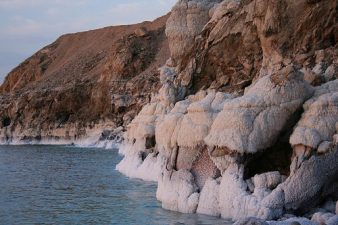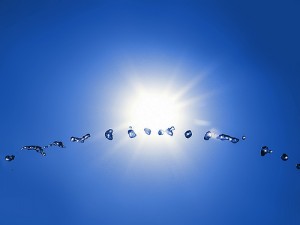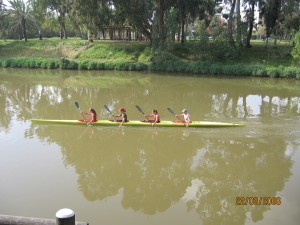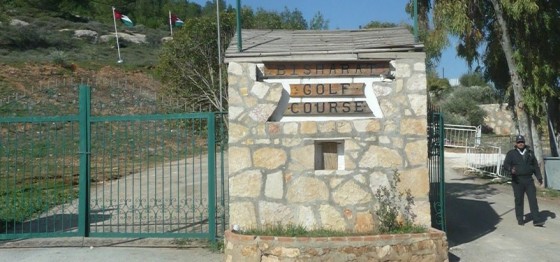 Bisharat Golf Course in Jordan is a golfer’s green gone brown, including biodegradable golf balls
Bisharat Golf Course in Jordan is a golfer’s green gone brown, including biodegradable golf balls
Golfers love sunshine, warm dry air and a chance to schmooze business, and Abu Dhabi, Dubai and the Sultanate of Oman have developed dozens of top-flight courses to meet demand. Ironic that the greener the course, the less “green” is its performance thanks to perpetual irrigation – slurping up lots of water and energy – and those toxic fertilizers and pest repellents needed to keep up appearances.
The hottest courses in the Middle East boast high-maintenance waterside addresses and replicate verdant St. Andrews or Pebble Beach, but some clubs go with the micro-climate flow: allowing out-of-play areas to return to native conditions, incorporating natural flora into the landscaping or utilising sand courses, oiling the “browns” to stabilize and groom the surface.
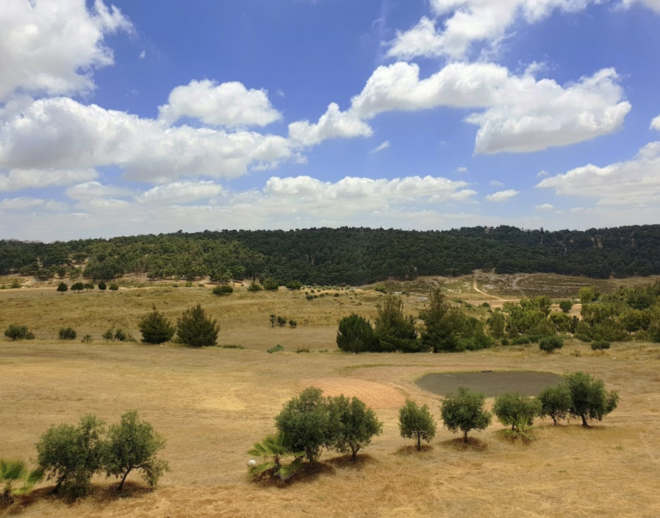
Bisharat Golf Club is a “brown” green in Jordan
Bisharat Golf Course, established in 1990 as Jordan’s first private golf club, offers golfers a chance to reduce their carbon footprint to near-zero while enjoying some of the Kingdom’s most beautiful scenery. This brown course, located south of Amman, spans two natural valleys surrounded by dusty rolling hills and ancient olive trees. Landlocked and naturally rugged, the course is maximally challenging and minimally invasive.

A sustainable golf green in Europe, powered by the wind. Green greens make sense where there is ample water.
And now golfers can rev up their personal sustainability performance by choosing a biodegradable golf ball made from discarded lobster shells! A great idea if you are looking for golf gifts for men.
Researchers at the University of Maine have invented a ball that will dissolve in water: perfect for cruise ship driving ranges or any course with a water feature.
The balls are created by crushing into paste these crustaceans’ exoskeletons (a by-product of food processing usually consigned to landfills) then adding a biodegradable binder and shell. The lobster balls retail for about a buck apiece, less pricey than a mid-grade non-biodegradable version.
Creators Professor David Neivandt and undergrad student Alex Caddell claim their invention performs similar to biodegradable balls with less-tasty beginnings, though performance is slightly less than their non-biodegradable cousins.
Final words on lobster balls? Not kosher, and likely not halal, so please don’t eat the golf ball.

